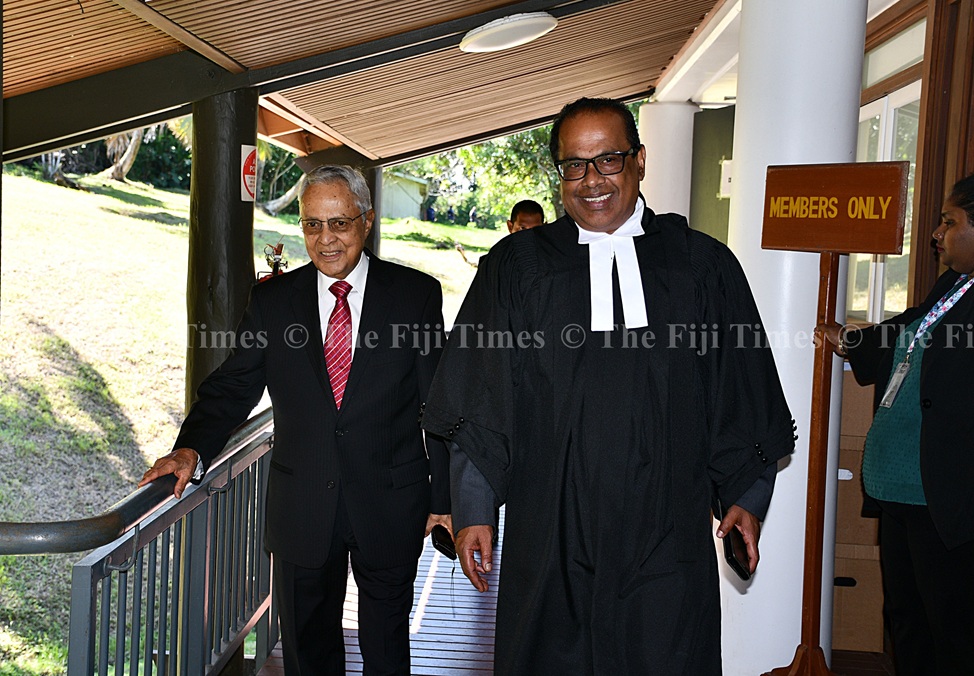Fiji Human Rights Commission (FHRC) has suggested a non-binding national vote to see if people support a better constitutional rule.
Commissioner, Alefina Vuki yesterday made this proposal during the 2013 Constitution reference case arguing that such a referendum could guide Parliament in enacting a new legitimate amendment process.
“The referendum, in our view, should simply require a simple majority of actual votes cast at the referendum rather than 75 per cent of registered voters in Fiji,” Ms Vuki said.
“And as I’ve said we’re still trying to understand what that phrase really means.”
Ms Vuki said Parliament should be given the power to amend “entrenched provisions” within the constitution but under the terms that it does not infringe any human rights or international obligations.
She also said that any power to change the Constitution should follow democratic principles and the rule of law and suggested the courts should clarify or possibly reject the current amendment rules, and that a national referendum would be a more democratic and inclusive way to reform the Constitution.
The commissions position encouraged a flexible and adaptive approach to constitutional interpretation, advocating for a “living constitutionalism” perspective.
Ms Vuki urged the court to interpret Sections 159 and 160 of the Constitution in this light and to guide the Government towards reforms based on popular sovereignty and human rights.
“The Constitution should be amendable, legitimate, and fit for purpose for a democratic new Fiji.”
During the proceedings, Supreme Court Justice William Young asked whether the Commission was seeking a general opinion on enabling a more flexible amendment process rather than specific prescriptions on issues like Indigenous rights or human rights protections.
Ms Vuki confirmed this interpretation.

